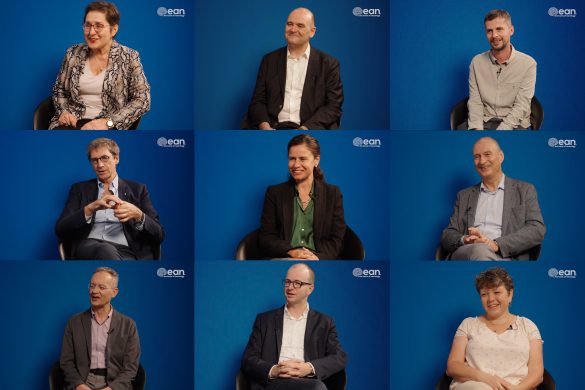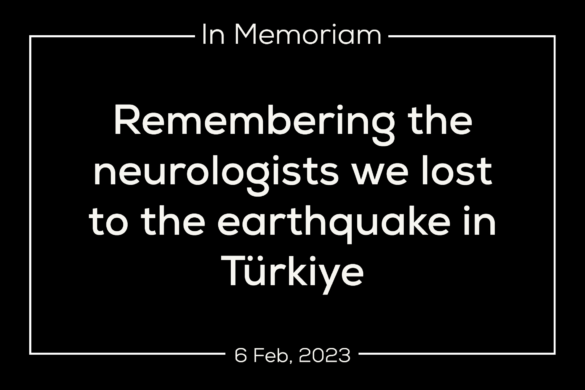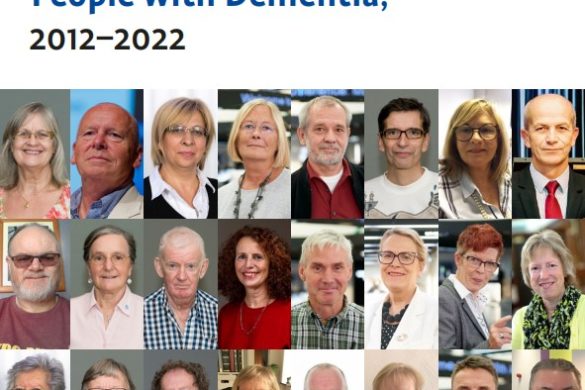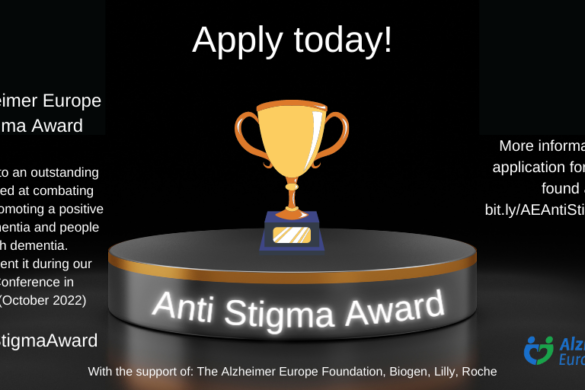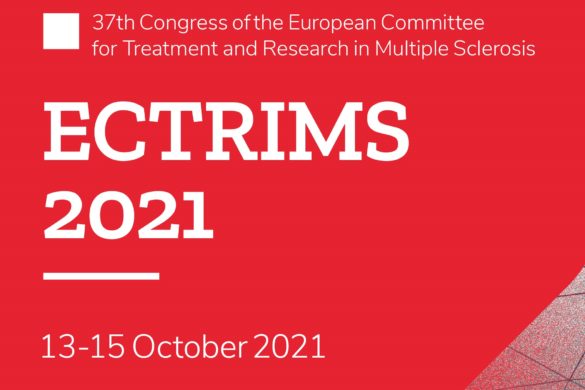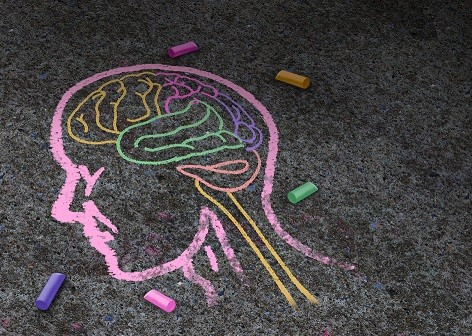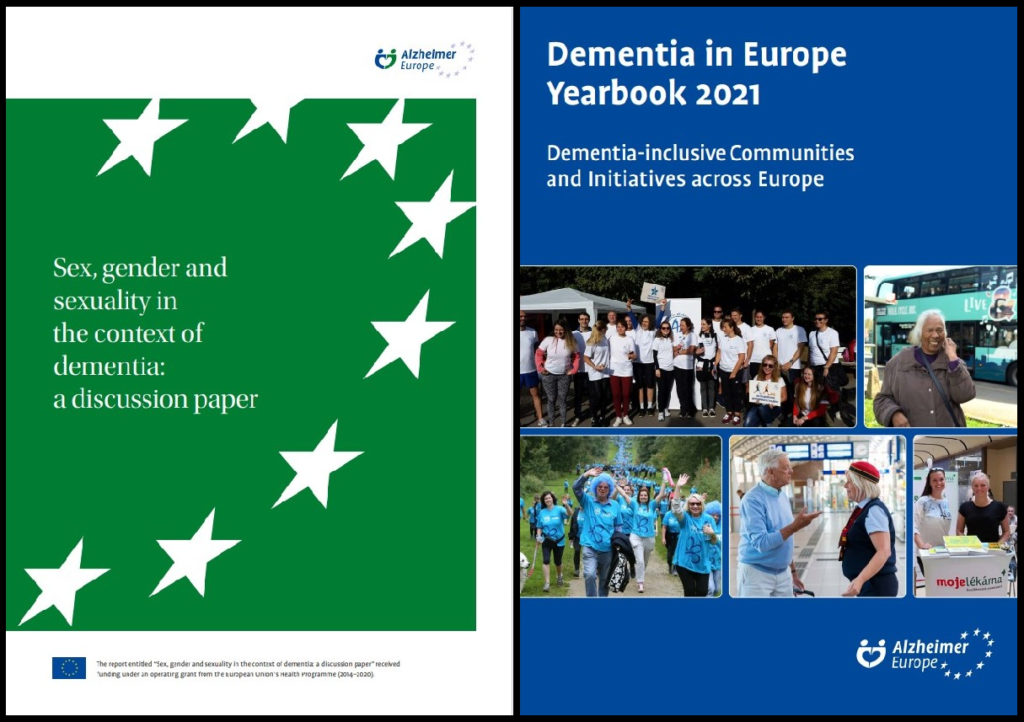
Alzheimer Europe has launched a new report on sex, gender and sexuality in the context of dementia, targeted at health and social care professionals and providers, students, and policy makers. The report was written during 2021 by a working group composed of experts in the fields of dementia, gender studies, ageing, ethics, psychology, service provision and the training of healthcare professionals.
These experts are people with and without dementia, and with different gender identities and sexual orientations. This work was part of Alzheimer Europe’s ongoing ethical reflection on issues which impact the lives and wellbeing of people with dementia, in terms of what is ethical.
Some key points about the report and its findings:
- This report aims to promote the right of every person with dementia, irrespective of their sex, gender identity and sexual orientation, to be treated with respect and to have access to timely diagnosis, treatment and good quality care and support.
- It focuses on seeking and obtaining a diagnosis, living one’s sex, gender and sexuality with dementia, accessing and using professional services and support.
- It highlights and challenges broader societal influences and structures.
- The overall emphasis is on recognising and challenging prejudice, discrimination and injustice, not only towards marginalised minority groups (such as LGBT* people, people from minority ethnic groups etc.) but also towards women.
Alzheimer Europe has also published its Dementia in Europe 2021 Yearbook, examining the subject of dementia-inclusive communities and initiatives. The information for this publication was gathered by Alzheimer Europe surveying its national member associations, about the work and activities taking place in their countries. A total of 27 members contributed, across 24 countries.
The findings of the report show an extensive amount of work being undertaken across Europe, in line with the policy developments in this area. Whilst it is unsurprising that much of the work around dementia-inclusive communities and initiatives continues to be led by national Alzheimer associations, governments (at different levels) appear to be taking a greater role (whether through funding or participation). However, there remain gaps in the progress being made, with involvement of people with dementia and their carers remaining highly variable, as well as the monitoring and evaluation of the impact programmes being inconsistent. The yearbook makes the following recommendations:
- People with dementia and carers should be involved in the development, implementation and monitoring of dementia-inclusive initiatives and societies
- National, regional and local governments should provide sustainable and ongoing funding for projects and initiatives to create dementia-inclusive societies
- National, regional and local governments should utilise the findings from existing work in the development and implementation of their own dementia-inclusive societies and initiatives, including that of the WHO, the second Joint Action on Dementia and World Dementia Council
- Structured and continuous monitoring and evaluation of dementia-inclusive societies should be undertaken, particularly for cities and municipalities who self-describe as being dementia inclusive etc. using a universal or at least European evaluation framework
- The European Commission should, through its work under the EU4Health and equalities programmes, dedicate funding for projects which empower people with dementia and their carers including for dementia-inclusive societies and initiatives.
Both publications can be found on the Alzheimer Europe website: https://www.alzheimer-europe.org/resources/publications




